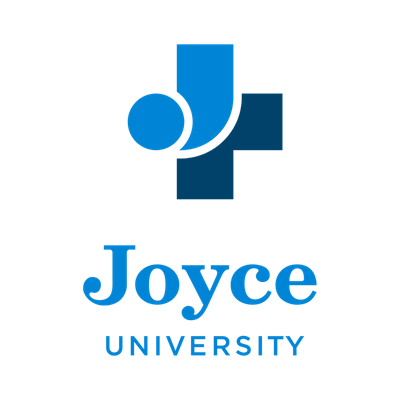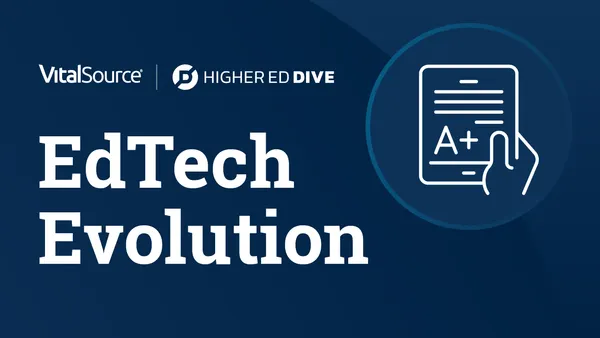Dive Brief:
- Online learning continues to expand in higher ed with the addition of several online master's degrees and a new for-profit college that offers a hybrid of vocational training and liberal arts curriculum online.
- Inside Higher Ed reported the nonprofit learning provider edX is offering nine master's degrees through five U.S. universities — the Georgia Institute of Technology, the University of Texas at Austin, Indiana University, Arizona State University and the University of California, San Diego. The programs include cybersecurity, data science, analytics, computer science and marketing, and they cost from around $10,000 to $22,000. Most offer stackable certificates, helping students who change their educational trajectory.
- Former Harvard University Dean of Social Science Stephen Kosslyn, meanwhile, will open Foundry College in January. The for-profit, two-year program targets adult learners who want to upskill, and it includes training in soft skills such as critical thinking and problem solving. Students will pay about $1,000 per course, though the college is waiving tuition for its first cohort.
Dive Insight:
Online colleges courses and degree programs have been criticized for high attrition rates and lack of attention to students and their performance, especially those who need the most support. Yet there continues to be a steady stream of new of initiatives online, from for-profit tech programs to law degrees.
One reason for the continued expansion is that a proliferation of third-party providers and open-source code makes them relatively easy for institutions to start, and they can be used to address demand for knowledge in a rapidly changing job market, Nina Huntemann, director of academics and research at edX, told EdScoop. For students, they tend to cost less and offer more flexible schedules than in-class programs. They are especially well-suited to graduate degree programs.
Despite the collapse of the for-profit sector, which included several large online offerings, enrollment in online programs has been on the rise for more than a decade. From fall 2015 to fall 2016, the number of distance education students taking at least one course increased by 5.6% to 6.3 million, according to a 2018 report from the Babson Survey Research Group. About half of that group is taking only online classes.
Private for-profit University of Phoenix-Arizona, private nonprofit Western Governors University and private for-profit (now a nonprofit) Grand Canyon University had the highest enrollment of students taking at least one online class in 2016, according to the survey. The University of Maryland University College, in the No. 7 spot overall, ranked first among public colleges.
For-profits have dominated online learning, but traditional universities are catching up. In 2017, Purdue University acquired for-profit Kaplan University, which will support the nonprofit's online Purdue Global program. And in August, the University of Pennsylvania announced plans to put its popular master's in computer and information technology online, the first all-online master's degree in the Ivy League. EdX's expansion shows how other major universities are responding to the trend, providing the information and instruction but working with third-party technology providers to tailor the curriculum to online learning.









